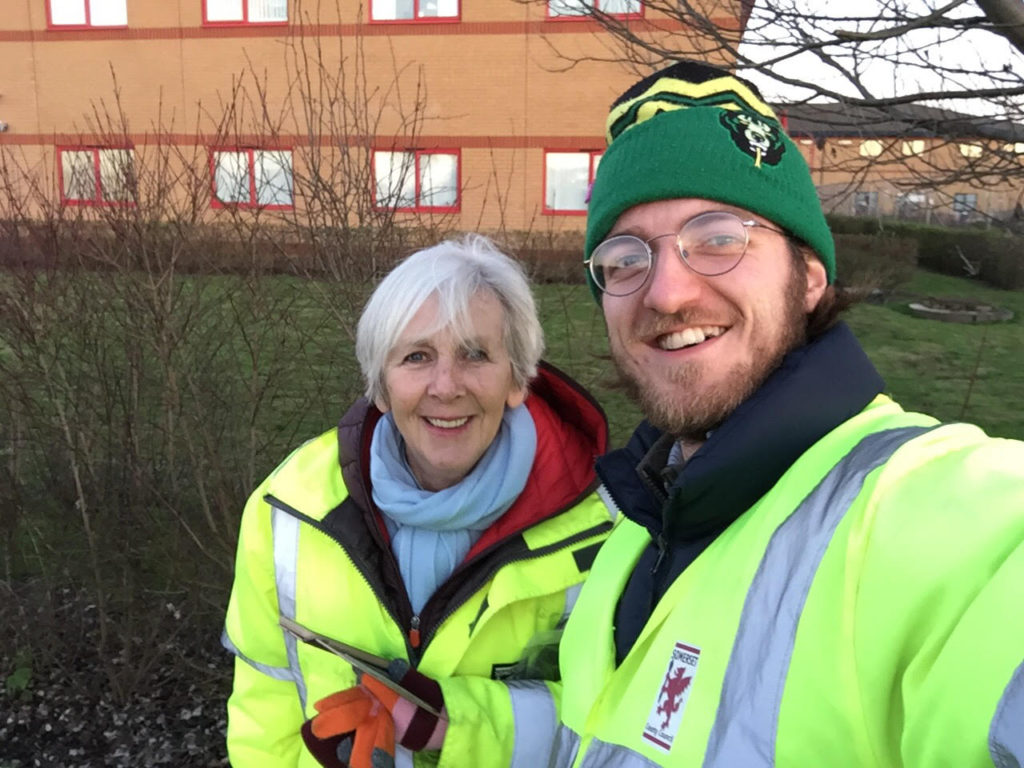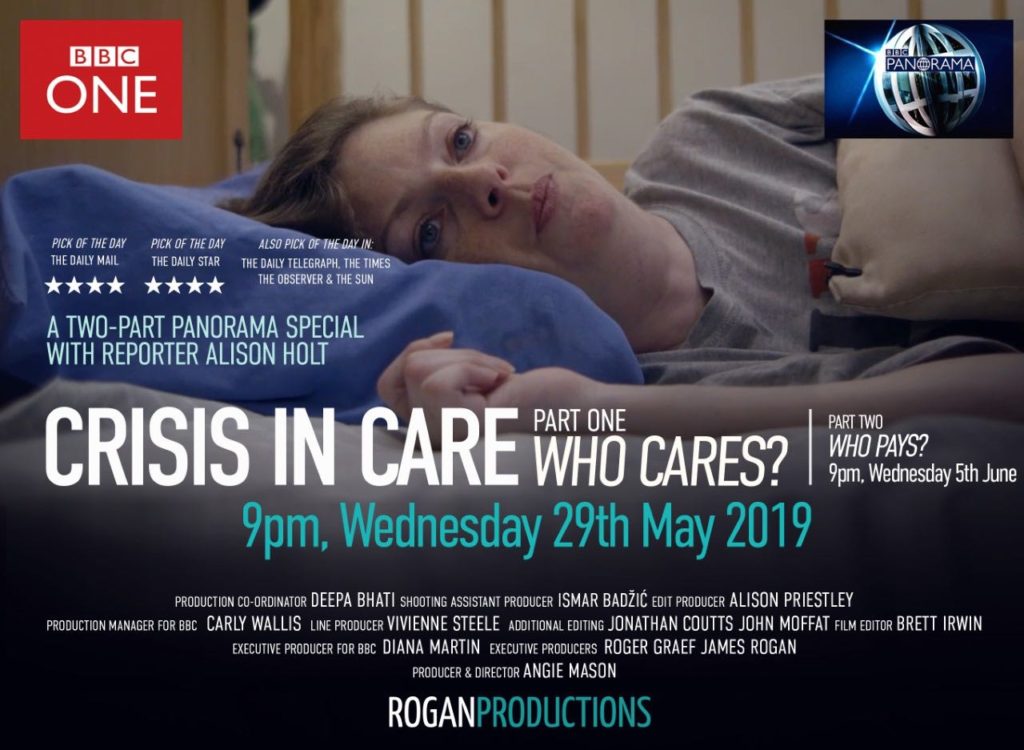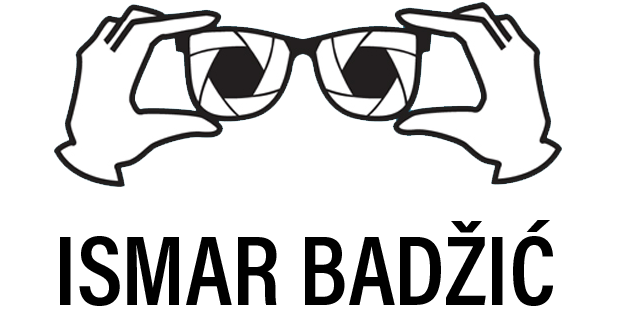
Background
I was the shooting assistant producer on two-part documentary Crisis in Care which goes out this evening. It’s by far the biggest thing I’ve ever filmed. I’m not an industry old-hat, I’m new to broadcast docs but was fortunate to be given a chance by an incredibly generous and supportive company. Just a few years ago I was struggling to make any headway in the industry despite years of slogging and shooting. I decided to do a masters course in documentary as one last try before I accepted I couldn’t make it in my dream job and did something else. Sticking it out can be tough and I think more people should be honest about just how difficult it is. I’ll write about that separately – for now I’ll just say that the MA course led to a few lucky breaks and that’s how I found myself working at Rogan Productions as a researcher in March 2018. And that’s how I got the chance to film Crisis in Care.
These are some memories about how it happened and some insights into how it was filmed. I guess I’m really writing this for myself of three years ago, doubting I would ever work on something like this. Maybe there’s something in there for others going through similar doubts. I know I would have liked to read something honest about someone’s first break which didn’t skate over how hard it was, which owned up to the role of luck and factors outside their control and didn’t reduce it to cliches about ‘not giving up’. The caveat in all this is that I’ve still got a million miles to go. As quickly as this opportunity has come I know it could all change tomorrow so I don’t mean to sound like I’ve made it. I haven’t. But I still want to share how this unbelievable opportunity arose.
A lucky break
It started by being asked to step out of the office. It felt serious. I won’t forget the feeling of dread I felt in the lift, feeling small alongside the head of production, creative director and managing director as we went down to the cafe downstairs. My concern wasn’t well hidden. “Don’t worry” someone whispered. I’d been sent out enough times at school to know the many varieties of tellings off – this one was going to be firm but end with a conciliatory tone and most likely include the words “everyone makes mistakes.”
I’m not sure who spoke first after we sat down or how it was phrased but unbelievably, they told me they were thinking about me shooting their upcoming documentary – a one hour film about social care for BBC Panorama. I don’t know what asphyxiation feels like but I’m sure I felt a sliver of something similar. I was simultaneously happy and terrified. But definitely more terrified. It felt like a live grenade had been handed to me and part of me just wanted to throw it as far away as I could. I’d miss an incredible opportunity but at least I’d survive unscathed, not letting anyone down, not messing anything up. Life would carry on and I’d have dodged a chance to fail. But, fortunately, past filmmaking experiences left deep imprints which came to the fore – heaving camera kit through deep snow to make a snowboard film, schlepping kit all over the country, early starts, late night editing, cancelling plans with friends, all those freebies…All of that was to get an opportunity like this, to shoot something that mattered, something that people would actually see. I swallowed the nerves and after some utterance similar to ‘wow’ confidently replied that I’d love to take the opportunity, thank you. The self doubt would be my private battle, I didn’t want anyone to have second thoughts about asking me. That would mean shooting better than I’d ever shot anything in my life. But before that, it meant being confident, and making others confident that I could do it.
Why me?
Why did they ask me? I know they have a track record of nurturing new talent – but I can’t pretend to know why me or why then. I knew nothing about the film before I was approached to shoot it and hadn’t put myself forward. But there’s a few things that may have helped. From the first day that I joined I made it clear that I loved shooting and wanted any opportunity to do it. As a researcher I was helping develop projects we could pitch and within that – for those that don’t know – it’s common to film ‘tasters’ to give commissioners a sense of what the potential film might look like. Whenever an opportunity arose I zealously put myself forward to shoot it. I know they saw some of that footage so the pictures must have at least been bearable. I worked all day then shot all evening for one taster on a Friday night, just happy to be holding a camera. I jumped at the chance to help a colleague out with some additional shooting on her own Panorama Can Violent Men Change? Shooting on a weekend was less than zero problem. I was helping out on a Panorama, man! I have always had faith that hard work is more useful, in the end, than pure talent. Talent without the will to work is worthless. I don’t consider myself a dab hand or natural at anything so I’ve sought to paper over the skill-cracks by being enthusiastic and tireless. Maybe that came across too. If I had to give anyone advice, then, it would be – tell people what you are passionate about and then, when given the chance to do it, no matter how small, embrace it. Cancel plans, work weekends, do it and show people that you don’t just want to be a camera man (or whatever your passion is) but you’ll actually put the work in to do it and treat that little taster shoot like it’s a going to be seen in cinemas around the world.
Convincing myself I could do it
At first I was nervous but I rationalised. I knew the camera kit. I’d been filming for years before this. Just because this was for the BBC didn’t change anything. I loved making pictures and I would love this. I could do it. Or if I couldn’t – at least I’d find out and stop wasting any more time trying to be a filmmaker. Healthy or not, the fear of failing drove me. It was the biggest opportunity and most responsibility I’d ever been given and I wasn’t going to mess it up. But how does one make sure of that on a shoot that lasts months? Practically speaking I just broke it down into chunks and focused what was in front of me. Whatever I was filming, I wanted it look and sound great, with a variety of shots, good light and plenty of cutaways. Although I did of course have a bigger picture understanding of the story and spoke to Angie (Director) and Alison (Reporter) about it often – when I had the camera on, I was fully immersed and just focused on doing my best. I didn’t think about the film as a whole or the months we were shooting for or who would watch it. I just wanted to make this shot, right now, very very nice.
Rushes don’t lie
The upshot of being so immersed in the shooting was that I definitely shot too much – I saw it for myself in the edit when I helped organise some footage for Brett, the editor. In an early meeting Angie had emphasised the need for cutaways. If there was one thing I wasn’t going to do on this shoot it was to leave Angie and the editor without cutaways. Especially after she stipulated “cutaways, cutaways, cutaways.” Having done my fair share of editing in the past, I knew what it was like to have dead zones in the edit, screaming at the computer for cutaways, being forced to recycle shots or even slow them down just to paper over the gaps. In hindsight, my experience editing really helped me – even if I over shot. I’d recommend any young shooter to edit, I mean really edit, lots – and feel the pain of not having enough cutaways, or not holding for long enough on shots. It really helps when you’re shooting because you think forward, for the edit.
I knew that the executive producers wanted to check my footage, a given considering the responsibility they’d given me and my inexperience on projects of this scale. Knowing that was coming, I would watch a lot of the rushes myself. Almost every night, after backing up the footage I went through to see what worked and what didn’t. Disappointment was my best teacher. Seeing the wobble on a shot or deciding to move just as someone said something good made me feel sick. I felt sick nearly every night. There were of course nice frames and good decisions in the footage too meaning I could replicate things that worked. Being as I am, the mistakes stuck with me the most. But every day, I improved a little bit.
I won’t forget watching some of the footage with the exec and the director for the first time on an unforgiving big screen computer. There was one particular meeting, which appears in episode 2, where I’d missed a key bit of dialogue – I’d somehow decided pointing the camera at the back of someone’s head was a better idea than filming the person speaking. It was embarrassing because I couldn’t explain why I did it. I knew that listening, really listening, was the key to good filming already. But this hammered it home. It made me sharpen up because in my head, if I missed one more line like that, I would be replaced with someone more experienced and like that this great opportunity would be gone. And then I’d be the guy that was replaced. The reality is we all miss things sometimes because nothing is scripted and we have to live with that. But by listening, we can mitigate it. The lesson for me wasn’t just about missing things and being razor sharp, not taking a millisecond ‘off’ when filming – it was about watching my rushes during filming. First on my own, being critical of myself and then with people who have made a lot of films who can pass on things they have learnt from their mistakes and experiences which save you going through them too.
I used a great deal of internal pressure to drive me, to make the most of the opportunity that had fallen in my lap, to try and make every single frame the best frame I’d ever framed – but months later, at the end of the shoot, I realised that the pressure had worn me out. But I’ll save that for the next blog.
Crisis in Care: Who Cares? BBC One at 9pm on Wednesday 29th May.


